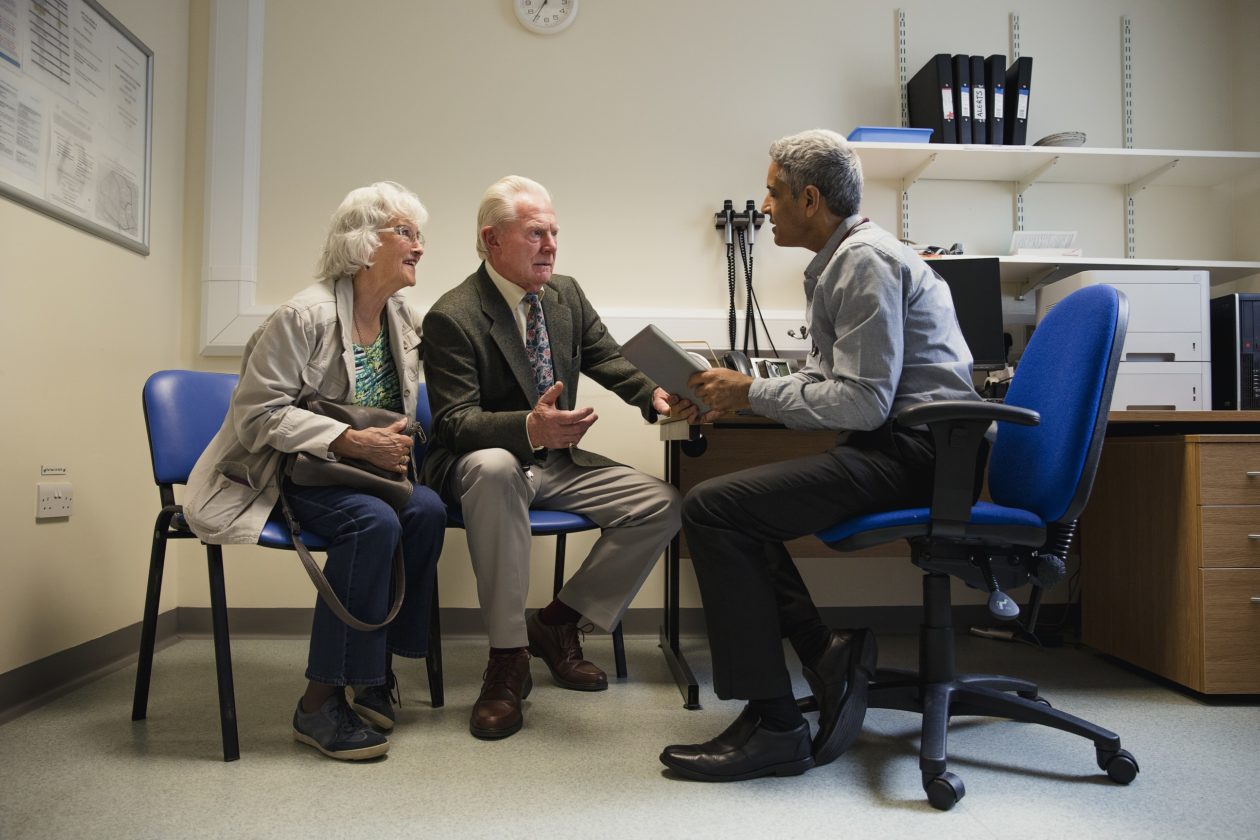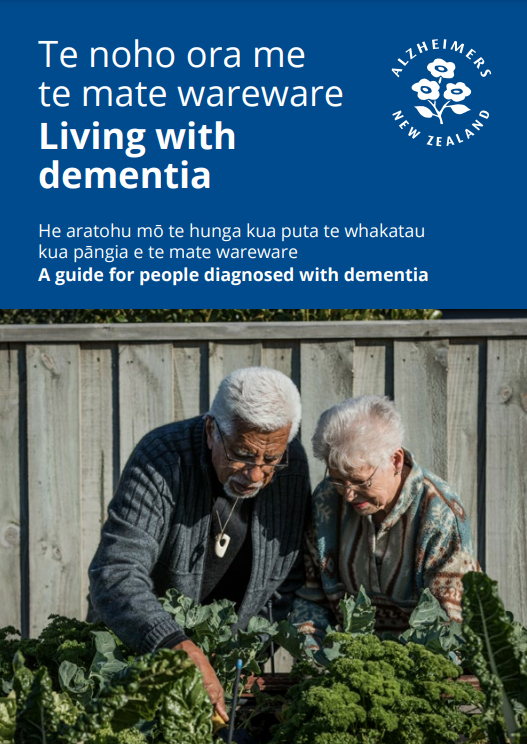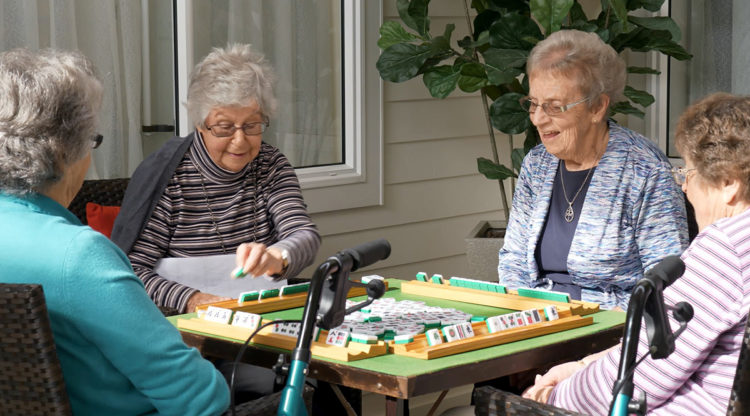Getting a diagnosis
If you think you or someone you care about may have dementia mate wareware, it is important to see a GP or primary health care professional for an assessment as soon as possible.

The benefits of an early diagnosis include some peace of mind in knowing what is going on, the opportunity to find out more about the condition, access to services and support and the ability to plan for the future. For some people, medication which might delay the progression of cognitive problems is available.
The GP or primary health care provider will do a complete medical assessment. They may decide the symptoms are a result of a treatable condition, or they may confirm dementia mate wareware.
An assessment may include:
- Discussing medical history
- Talking to whānau (with appropriate permission)
- Undergoing a physical examination
- Laboratory tests, which may include a blood and urine tests
- Cognitive testing, which assesses how the brain is working – in particular memory, language, attention span and problem solving
- Brain imaging, which looks at the brain’s structure and is used to rule out other medical conditions or diagnose the particular type of dementia mate wareware
- Mental health assessment, which may identify treatable conditions such as depression, and to manage some symptoms experienced as part of the dementia mate wareware
Advice for seeing the doctor
Helen remembers the day she first suspected she might be in the early stages of developing dementia. “I was at a conference and I realised that although I was very interested in what was going on, at the end of the morning or afternoon, I couldn’t recall the topic."
Helen’s story
Read Helen's storyThe health care professional should provide advice and support, listen to your opinions, explain things so you can understand them, answer your questions and make you feel comfortable and respected. If you think you’re not getting that from your health care professional, don’t hesitate to look for another that suits your needs.
Some useful hints:
- Make the appointment for a time of the day where you or the person you are concerned about is at their best. Don’t be afraid to ask for a longer appointment than normal if you feel you need it.
- Make a list of questions before you go, and it is a really good idea to ask a whānau member or friend to go to the appointment with you, rather than going alone.
- Keep a folder about conversations you have with your health care professional. Ask your doctor to write things down if necessary.
- Don’t be afraid to speak up for yourself and ask questions.
If you or your loved one does receive a diagnosis of dementia mate wareware, there is lots of support available. Find out more about what to think about after a diagnosis or get in touch with your local Alzheimers organisation for information and support.
Check out this video from the Health and Disability Commissioner on respecting your rights for more information on how to speak up if you have any concerns.
-

Download our living with dementia booklet
Our booklets cover many questions that people with dementia mate wareware, their whānau and friends may have. Knowing what to expect can help everyone prepare for what is coming, and knowing about what support and services are available is key to living with dementia mate wareware.


